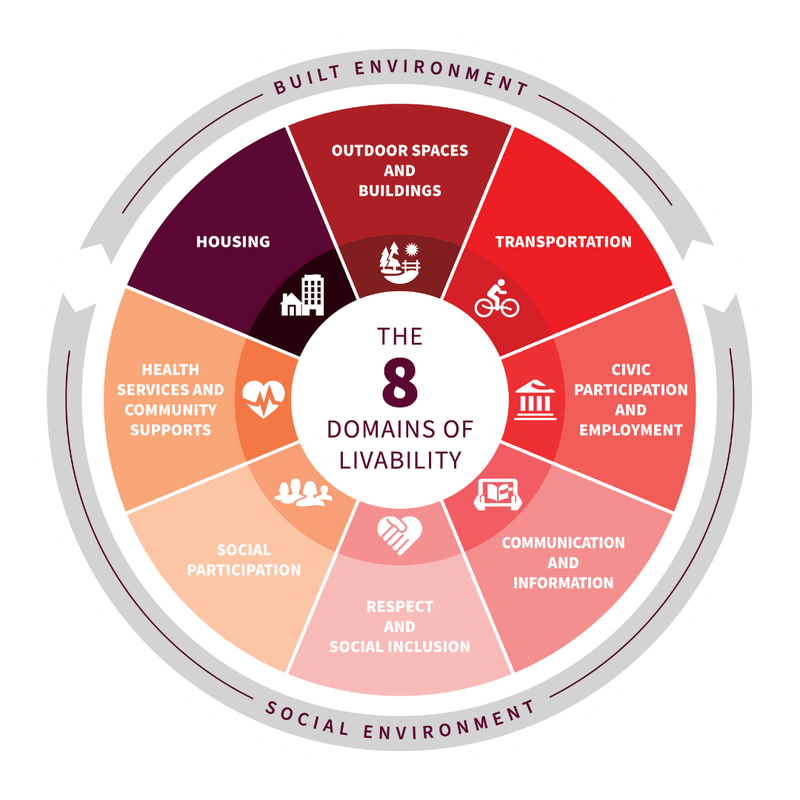Chews Life Now! Supplemental insurance vs. nature’s nutritional bounty
Before continuing with this series on how animal protein promotes systemic inflammation and chronic disease, I want to thank Manchester Ink Link readers who reached out to share their stories of health struggles and ultimate hope through a whole food, plant-based diet. If not ready to commit 100%, a
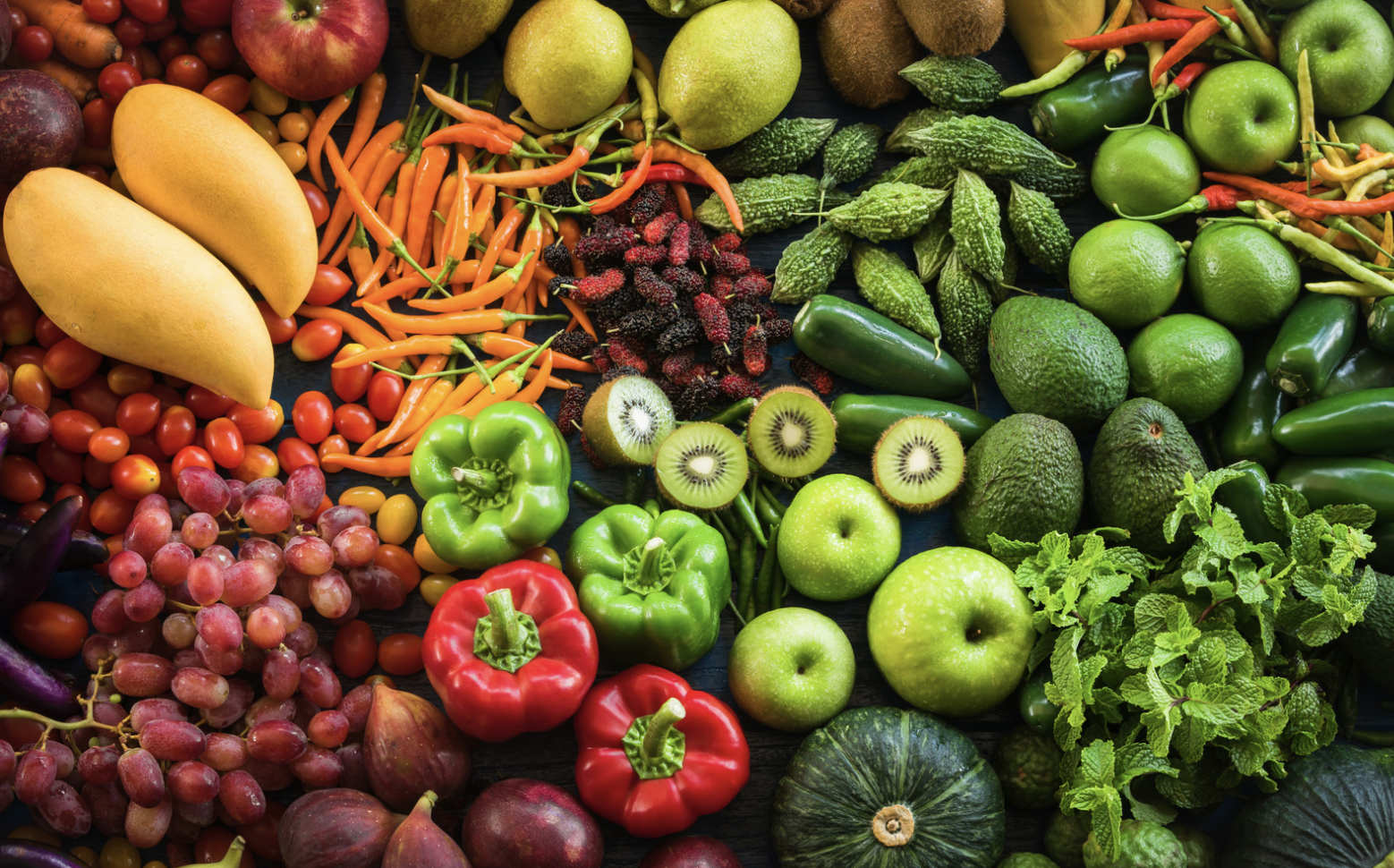
HEALTH & WELLNESS
CHEWS LIFE
By Carolyn Choate
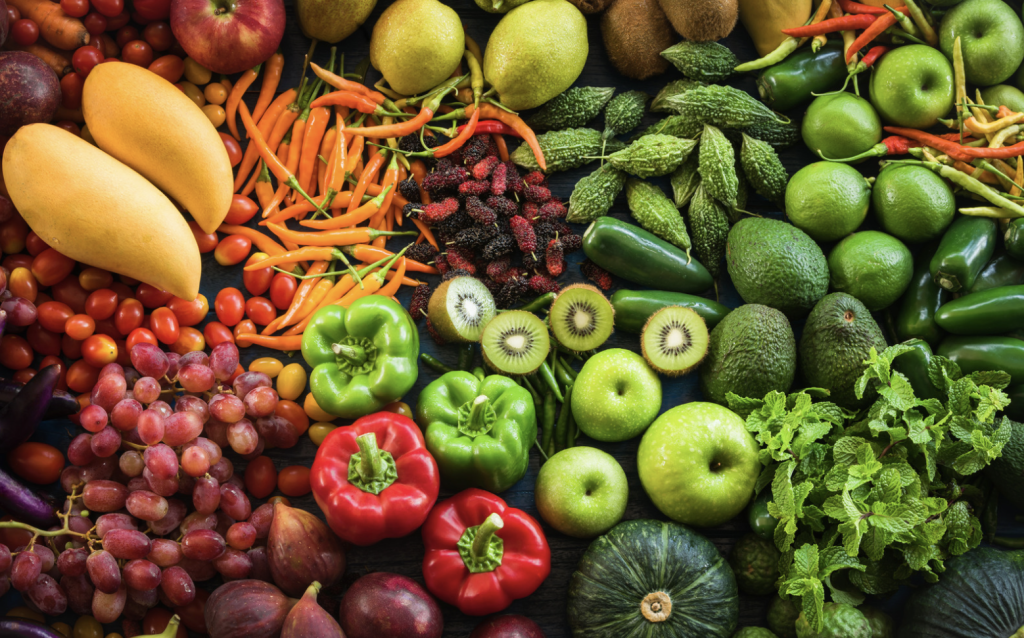
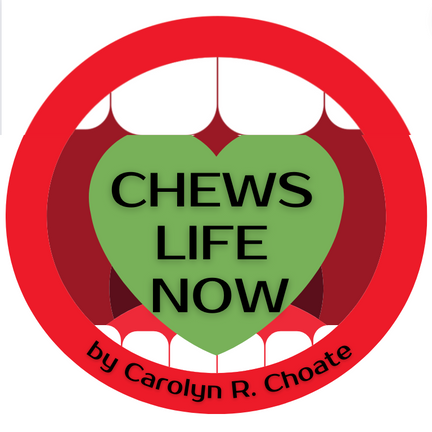
Before continuing with this series on how animal protein promotes systemic inflammation and chronic disease, I want to thank Manchester Ink Link readers who reached out to share their stories of health struggle and ultimate hope through a whole food, plant-based diet. If not ready to commit 100%, at least ready to make substantial changes. Feels like a win to me.
Shoutouts to those who admitted they had no idea their current diet could affect their long-term health in the ways described. An important first step, albeit difficult, especially when thinking they were eating healthier by opting for free-range chicken, for example, or grass-fed beef or wild seafood over farmed or organic milk/cheese/yogurt. Animal protein, regardless of its edible form or the advertising message it’s wrapped in, is no friend to longevity. There are always exceptions, including your Aunt Connie who is still the life of the party at 90 years young.
Fact is, in figures released as recently as April 2023 by the CDC, the life expectancy in the U.S. is the shortest in 20 years at 76.4 years. Conversely, health professionals and scientists have long associated Sardinia, Italy’s lifestyle – a Mediterranean diet that is very low in animal protein but high in daily activity and a strong sense of community – with 10 times more people living to 100 and beyond than any other place on earth. (More about Blue Zones and how we can emulate them in future articles.)
Another fact? I ain’t no doctor. As the disclaimer says at the conclusion of every Chews Life Now! article, “The writer’s experiences and observations are intended for informational purposes only and are not intended to provide medical advice about the avoidance, diagnosis, or treatment of any medical condition. Medical advice should be sought from a qualified healthcare professional.”
There are plenty of good docs out there. If you have that gut sense yours isn’t getting to the root cause of your issue or, worse, minimizing your concerns, keep looking. It took two years and two noteworthy health providers to diagnose my Hurthle Cell Thyroid Cancer; then a third to find I had profound vascular involvement. (My bloodstream had more cancer than the ocean has plastic.) The squeaky wheel gets the oil.
Thinking of asking your doc about whole food, plant-based nutrition? Good luck. A 2019 Stanford study found most medical school students spend fewer than 20 hours on nutrition. Deplorable. Wayne State University Medical School in Detroit is the first and only medical school to make whole food, plant-based nutrition mandatory in its curriculum. Praiseworthy.
You can search www.plantbaseddoctors.org for a healthcare professional who gets it.
Many of you have asked, what supplements do you take? Wow! I used to take a lot. Like most Americans who buy into the $50 billion dollar a year industry, I seized upon any and every supplement that offered better health outcomes for the taking. I naively assumed that Vitamin C, Resveratrol, Probiotics – I could go on and on and on – somehow worked each in their own way to improve and/or keep my health in balance.
In a sick way, I was bribing my body with supplements to forget about the way I treated it. Forget about the four glasses of wine I drank last week. Forget about the brie, fried shrimp, and other fat-laden/constipating/inflammatory foods I ate last weekend. That I didn’t eat enough greens to sustain my microbiome. “Here, Carolyn, take some pills to make up for your lack of self-worth.”
When enrolled in T. Colin Campbell’s Whole Food, Plant-Based Nutrition program through eCornell, he shared his 8 Principles of Food and Health and Principles #1 and #2 really struck a chord:
Principle #1: Nutrition represents the combined activities of countless food substances. The whole is greater than the sum of its parts.
Principle #2: Vitamin supplements are not a panacea for good health.
I love a good metaphor to help me internalize a concept so when Dr. Campbell – who holds a Ph.D. in biochemistry, nutrition, and microbiology from Cornell – said, “Nutrition is a symphony of reactions such that eating right, our bodies naturally tend toward homeostasis,” I felt myself immediately gravitating towards the biggest supplement supplier: the plant kingdom.
With two exceptions. Everyone needs, especially vegans, Vitamin B12 and Vitamin D. Neither of which is produced by or found in plants.
Vitamin B12 is an integral cofactor for two vital cellular metabolic reactions and is essential for the synthesis of blood cells and brain nerve tissue. (The importance of vitamin B12 for individuals choosing plant-based diets, Eur J Nutr. Dec. 5, 2022) In layman’s terms, it’s important for red blood cell production and preventing anemia. B12 loves our blood. And it plays lots of roles upstairs. Increases cognition over the lifespan; decreases dementia; balances mood swings. B12 loves our brains. To be clear, Vitamin B12 is found in meat, fish, eggs, and dairy. Those who embrace the whole food, plant-based diet abstains from these food sources to avoid chronic disease and strive for optimum health and longevity.
Vitamin B12 Minimum Daily Requirement (National Institutes of Health, Office of Dietary Supplements)
- Birth/6 mos 0.4 mcg
- 7-12 mos 0.5 mcg
- 1-3 yrs 0.9 mcg
- 4 – 8 yrs 1.2 mcg
- 9 – 13 yrs 1.8 mcg
- 14 – 18 yrs 2.4 mcg
- 19+ yrs 2.4 mcg
- Pregnant 2.6 mcg
- Lactating 2.8 mcg
I take a chewable form of B12 at 250 mcg a day. It sounds like a lot but anything under 2,000 mcg a day is safe as our bodies don’t store it.
Vitamin D helps your body absorb calcium to protect your bone/skeletal integrity during all phases of life. It isn’t found in plants – except for mushrooms – but is frequently fortified in foods and is found naturally in beef liver, egg yolks, and fatty fish. So, when avoiding animal-protein – including dairy – it’s essential to get enough Vitamin D from other sources.
One source is sun exposure of 10 to 15 minutes per day without sunscreen, however, David J. Leffell, MD, Yale Medicine dermatologist and chief of Dermatologic Surgery, strongly disagrees. “Because skin cancer, particularly melanoma, can be such a devastating disease [. . .] this may limit the amount of vitamin D you get from sun exposure, make sure your diet includes sources of vitamin D from foods or supplements,” he says. I vote for supplements.
Vitamin D Minimum Daily Requirement (National Institutes of Health, Office of Dietary Supplements)
- Birth/1 Yr: 400 IU
- 1/13 Yr: 600 IU
- 14/18 Yr: 600 IU
- 19/70 Yr: 600 IU
- 71+ Yr: 800 IU
- Pregnant/
- Lactating: 600 IU
Now that I’m not spending a fortune on supplements or animal – protein, that trip back to Italy is becoming more affordable by the month. Sardinia next spring? Sounds sensational! Ciao!
Note: The writer’s experiences and observations are intended for informational purposes only and are not intended to provide medical advice about the avoidance, diagnosis or treatment of any medical condition.
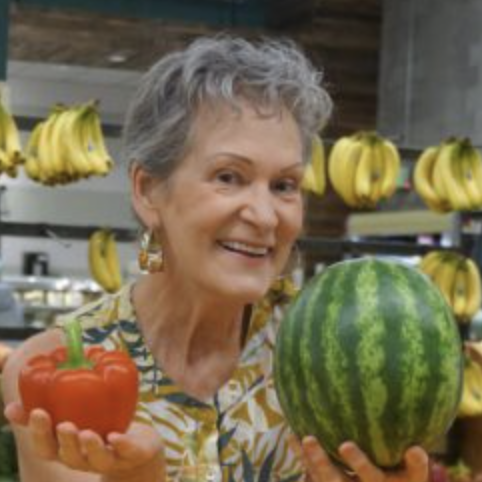
Carolyn R. Choate, a lifelong foodie, has discovered a deeper relationship between health and diet.



